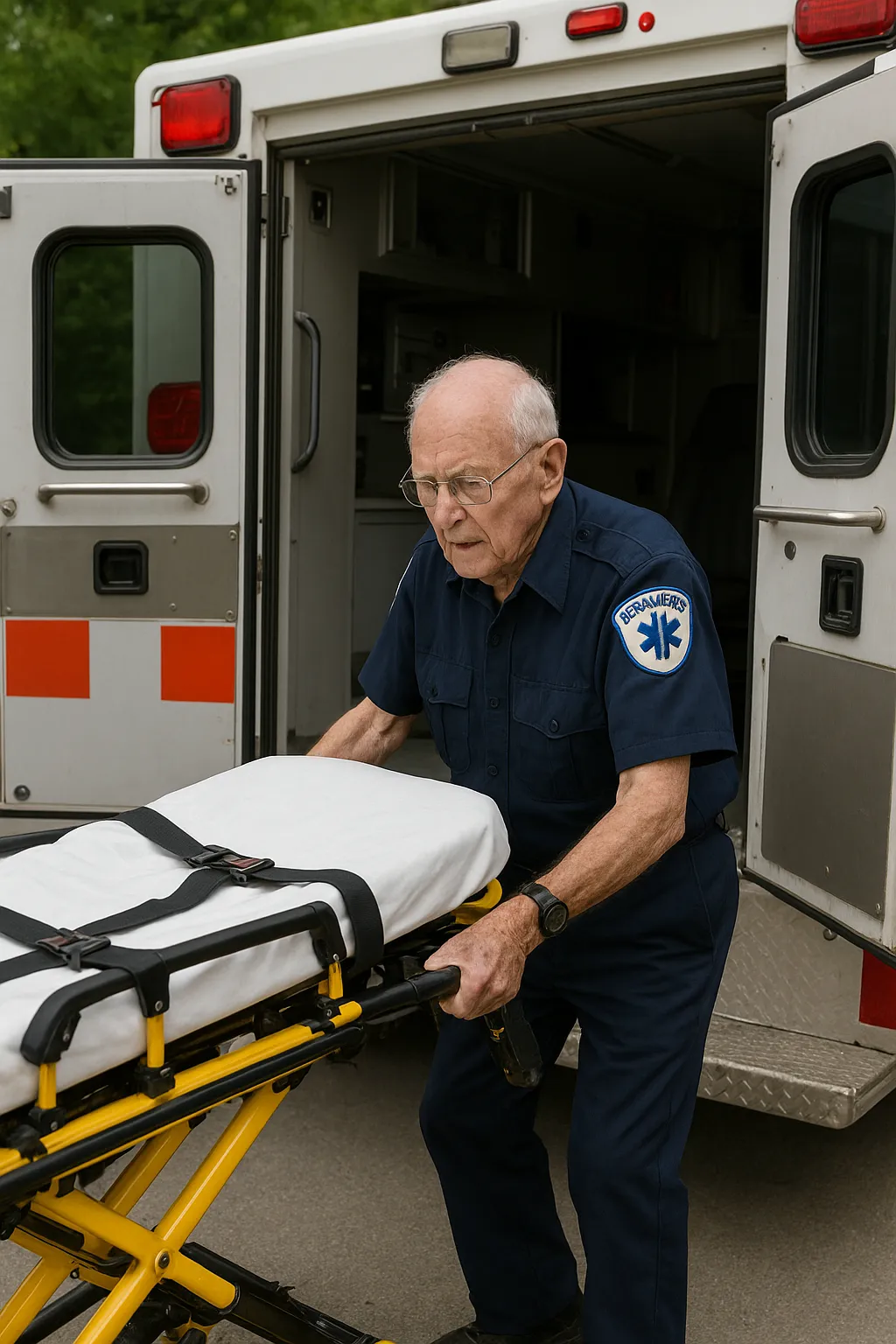For many EMS providers, the job isn’t just a job—it’s an identity. We don’t simply work in EMS; we live it. The pager tones, the adrenaline, the teamwork, and even the tough calls become part of who we are. That’s why the idea of retirement can feel strange, even unsettling, especially when your not ready to click that NREMT “Inactive” button.
Whether you’ve been on the streets for 1 year or 40, eventually the day comes when you hang up the uniform for the last time. And while your back, and knees might thank you, your heart and mind might not be ready for the sudden quiet.
1. Retirement is More Than Leaving the Job
When we retire from EMS, we don’t just walk away from a paycheck—we step away from:
-
The camaraderie of crews and partner.
-
The sense of purpose in helping people on their worst day.
-
The adrenaline and unpredictability that comes with every shift.
It’s not unusual to feel a sense of loss. Preparing for retirement means preparing for both the financial and the emotional transition.
2. Plan Early—Financially and Personally
Most of us understand the basics: start saving early, understand your pension or retirement accounts, and avoid living paycheck to paycheck in your last working years. But planning for retirement in EMS also means thinking about:
-
Healthcare: Medical coverage costs can rise dramatically when you leave employer-provided insurance.
-
Supplemental income: Some retirees choose part-time EMS work, teaching, or consulting.
-
Lifestyle expenses: Are you planning to travel, move, or start a hobby business? Budget accordingly.
3. Stay Connected to the EMS Family
Just because you retire doesn’t mean you disappear. Many former medics and EMTs find fulfillment by:
-
Teaching at EMS academies.
-
Volunteering at local rescue squads.
-
Serving on advisory boards.
-
Mentoring younger providers.
Staying connected keeps your experience alive and benefits the next generation.
4. Find a New Purpose
Purpose doesn’t have to mean “saving lives every day.” You might:
-
Volunteer for disaster relief organizations.
-
Start a community CPR initiative.
-
Use your EMS skills in non-emergency healthcare settings.
The point is to replace the sense of mission you’ve had for decades with something equally meaningful.
5. Take Care of Your Health
After years of night shifts, fast food between calls, and the physical strain of lifting, EMS bodies have been through a lot. Use retirement to:
-
Catch up on preventive healthcare.
-
Build a routine that includes regular exercise and proper rest.
-
Address old injuries before they get worse.
6. Give Yourself Permission to Slow Down
It’s okay to enjoy the quiet. It’s okay to not be “on call” for the first time in decades. You’ve earned the right to breathe, rest, and live life without the constant hum of readiness.
Bottom Line: Retirement from EMS isn’t the end of your story—it’s the beginning of a new chapter. You’ve carried countless people through their hardest moments. Now it’s your turn to carry yourself into a life you’ve worked hard to earn. Plan well, stay connected, and remember—you’ll always be part of the EMS family, whether you’re in uniform or not.

